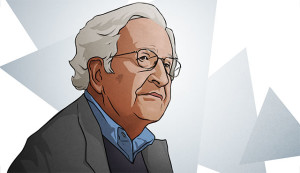Political Rhetoric
The principle of causation.
January 7, 2019Read in current political context.
Every act carries with it a sequence, bringing the result of this action back to the self. This is what is meant by Karma, for Karma means the fruit of action.
Emerson called it the Law of Compensation.
Jesus proclaimed the same in his teaching that as we sow, so shall we reap.
Kwang-Tze tells us that he more we give to ohers the ore we have.
Walt Whitman also refers to this when he says, “The gift is most to the giver and comes back most to him”
This all means the return of the self to itself. The great apostle did not tell us to forget the self; he merely told us to also remember everyone else.
We are to view ourselves each in the other and behold God in all.
-Ernest Holmes
Apropos?
Man is all ready to come a god, and instead he appears at times to be a zombie.
A temperamentally angry man may be more inclined to anger than another. But as long as he remains sane he is still free not to be angry. His inclination to anger is simply a force in his character which can be turned to good or evil, according to his desires. If he desires what is evil, his temper will become a weapon of evil against other men and even against his own soul. If he desire what is good, his temper can become the controlled instrument for fighting the vile that is in himself and thus helping other men to overcome the obstacles which they meet in the world. He remains free to desire either good or evil.
-Thomas Merton
Noam.
February 17, 2016“We can be pessimistic, give up and help ensure that the worst will happen,” says Noam Chomsky. “Or we can be optimistic, grasp the opportunities that surely exist and maybe help make the world a better place.”
Why I choose Optimism Over Despair: An Interview with Noam Chomsky
‘Noam Chomsky, one of the world’s most influential linguists (the same prolific scholar known around the world for his trenchant critiques of US foreign policy and critical analyses on a wide range of social and political issues), has also been preoccupied for much of his life with the perennial question of what kind of creatures we are. His pathbreaking contributions to the field of linguistics have considerably advanced our understanding of the human mind, which has in turn influenced a diverse area of studies, ranging from cognitive science and computer science to philosophy and psychology.’

